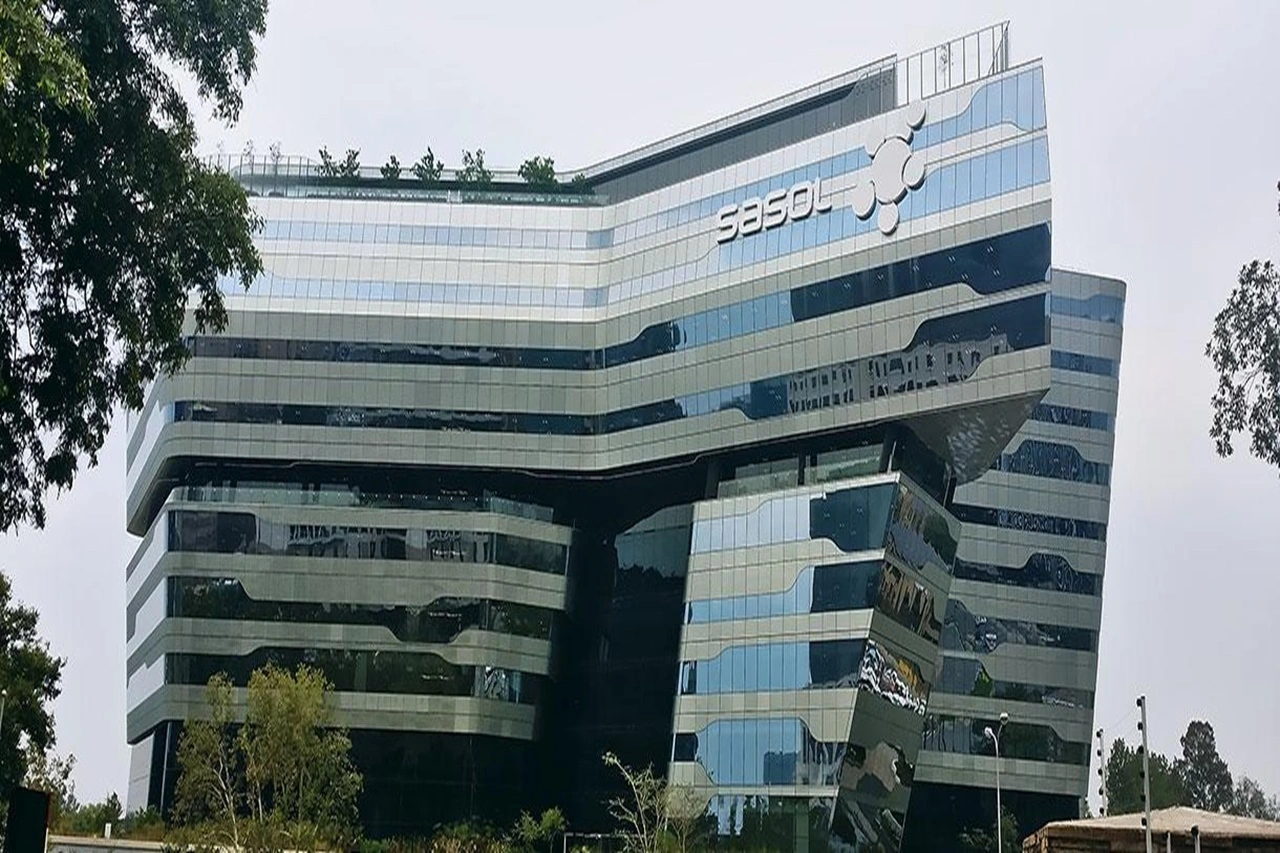
Sasol’s Financial Performance Amidst Macroeconomic Challenges
Financial Overview
Sasol Limited reported a decline in financial performance for the six months, primarily due to a challenging macroeconomic and operational environment. However, the company implemented stringent cost-control measures and efficient capital management strategies to offset some of the adverse impacts and enhance free cash flow generation compared to the prior corresponding period.
Key financial results include:
- Basic earnings per share (EPS): Down 52% to R7.22 per share.
- Headline earnings per share (HEPS): Down 31% to R14.13 per share.
- Cash generated from operating activities: Up 20% to R17.6 billion.
- Adjusted EBITDA: Down 15% to R23.9 billion.
- Net debt: Increased to R81.8 billion (US$4.3 billion) from R73.7 billion (US$4.1 billion) at 30 June 2024.
Revenue and Market Conditions
Sasol’s revenue declined by 10% to R122.1 billion, largely due to:
- A 13% decrease in the average Rand-per-barrel Brent crude oil price.
- A significant drop in refining margins and fuel price differentials.
- A 5% decline in sales volumes due to lower production and weakened market demand.
These factors were detailed in the company’s Production and Sales Metrics report published on 23 January 2025.
Profitability and Cost Management
Sasol’s adjusted EBITDA declined by 15% to R23.9 billion, primarily due to lower revenue. However, cost management efforts helped mitigate the impact. The contribution from International Chemicals increased significantly from 6% to 13%, reflecting diversification benefits.
Earnings before interest and tax (EBIT) fell by 40% to R9.5 billion, influenced by the following non-cash adjustments:
- Impairments: A net loss of R6.2 billion from remeasurement items, including further impairments of:
- Secunda liquid fuels refinery cash-generating unit (CGU): R5.0 billion.
- Sasolburg liquid fuels refinery CGU: R0.6 billion.
- Unrealized losses: R0.1 billion on the translation of monetary assets and liabilities, compared to unrealized gains of R2.7 billion in the prior period.
These impairments and losses contributed to a 52% decrease in EPS and a 31% decline in HEPS compared to the previous period.
Cash Flow and Debt Position
Despite lower profitability, Sasol generated R17.6 billion in cash from operating activities, an increase of 20%, primarily driven by changes in working capital.
- Capital expenditure (excluding capital project-related payables) amounted to R15.0 billion, 6% lower than the prior period.
- Total debt stood at R116.9 billion (US$6.2 billion) compared to R117.7 billion (US$6.5 billion) at 30 June 2024.
- The company deposited R5.4 billion (US$0.3 billion) on the revolving credit facility.
- Net debt (excluding leases) increased to R81.8 billion (US$4.3 billion), compared to R73.7 billion (US$4.1 billion) at 30 June 2024, due to negative free cash flow.
Segment Performance
Southern Africa Energy and Chemicals:
- Mining: EBIT increased to R2.3 billion from R955 million.
- Gas: EBIT grew to R3.9 billion, up from R2.4 billion.
- Fuels: EBIT turned negative at (R998) million, compared to a profit of R9.6 billion in the prior period.
- Chemicals Africa: EBIT remained stable at R3.5 billion.
International Chemicals:
- America: EBIT improved to R657 million from a prior loss of (R1.9 billion).
- Eurasia: EBIT loss reduced to (R136) million, from (R865) million.
- Business Support: EBIT dropped to R325 million from R2.3 billion.
Net Asset Value
Sasol reported a slight increase in total equity:
- Total assets: R367.7 billion, up 1% from R365.0 billion.
- Total liabilities: R215.2 billion, down 1% from R217.6 billion.
- Total equity: R152.5 billion, reflecting a 3% increase from R147.4 billion.
Dividend Policy and Outlook
Sasol’s dividend policy is based on distributing 30% of free cash flow provided that net debt (excluding leases) remains below US$4 billion on a sustained basis.
As free cash flow remains negative at (R1.1 billion) and net debt exceeds US$4.3 billion, Sasol’s board did not declare an interim dividend for the period.
Looking ahead, Sasol remains committed to tight cost controls, capital efficiency, and strategic initiatives to navigate ongoing economic pressures. The company will continue to monitor global energy market trends, refining margins, and macroeconomic conditions to inform future financial strategies.
Despite the challenging environment, Sasol has demonstrated resilience through disciplined financial management. Moving forward, the company aims to restore profitability, reduce debt, and position itself for long-term stability in a volatile global market.







